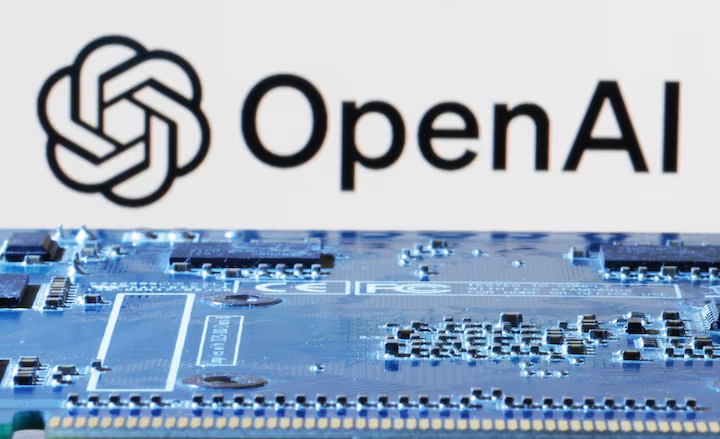Broadcom, the major U.S. semiconductor company, is collaborating with OpenAI to develop the AI startup’s inaugural artificial intelligence chip, with production scheduled for 2026, according to a Financial Times report published Thursday.
The partnership represents a significant milestone for both companies, as OpenAI seeks to reduce its dependence on external chip suppliers while Broadcom expands its presence in the rapidly growing AI semiconductor market.
Sources familiar with the arrangement indicate that OpenAI intends to use these custom chips exclusively for internal operations rather than offering them to third-party customers. This strategic approach aligns with the company’s goal of optimizing its AI infrastructure costs and performance.
Neither Broadcom nor OpenAI provided immediate responses to requests for comment regarding the partnership details.
The collaboration builds on previous reports from last year indicating that OpenAI was working with multiple semiconductor partners, including Broadcom and Taiwan Semiconductor Manufacturing Company (TSMC), to create proprietary AI processing hardware. The initiative also involves incorporating AMD processors alongside existing Nvidia components to address increasing computational demands.
Broadcom’s involvement in this project reflects the company’s strategic expansion into AI infrastructure. During Thursday’s earnings call, Broadcom CEO Hock Tan announced expectations for “significant improvement” in artificial intelligence revenue growth for fiscal 2026, following the company’s success in securing over $10 billion in AI infrastructure orders from an unnamed major customer.
Tan revealed that a new client became a qualified customer after placing substantial orders in the most recent quarter. Earlier this year, the CEO had mentioned four potential new customers actively engaged in custom chip development discussions, beyond Broadcom’s three established large-scale clients.
This OpenAI-Broadcom partnership follows similar strategies employed by tech giants Google, Amazon, and Meta, all of which have developed proprietary chips to manage AI workloads as demand for specialized computing power continues to surge across the industry.
For OpenAI, the custom chip development with Broadcom represents a crucial step toward greater independence from current suppliers like Nvidia, potentially offering improved cost efficiency and performance optimization for training and operating advanced AI models like ChatGPT.
